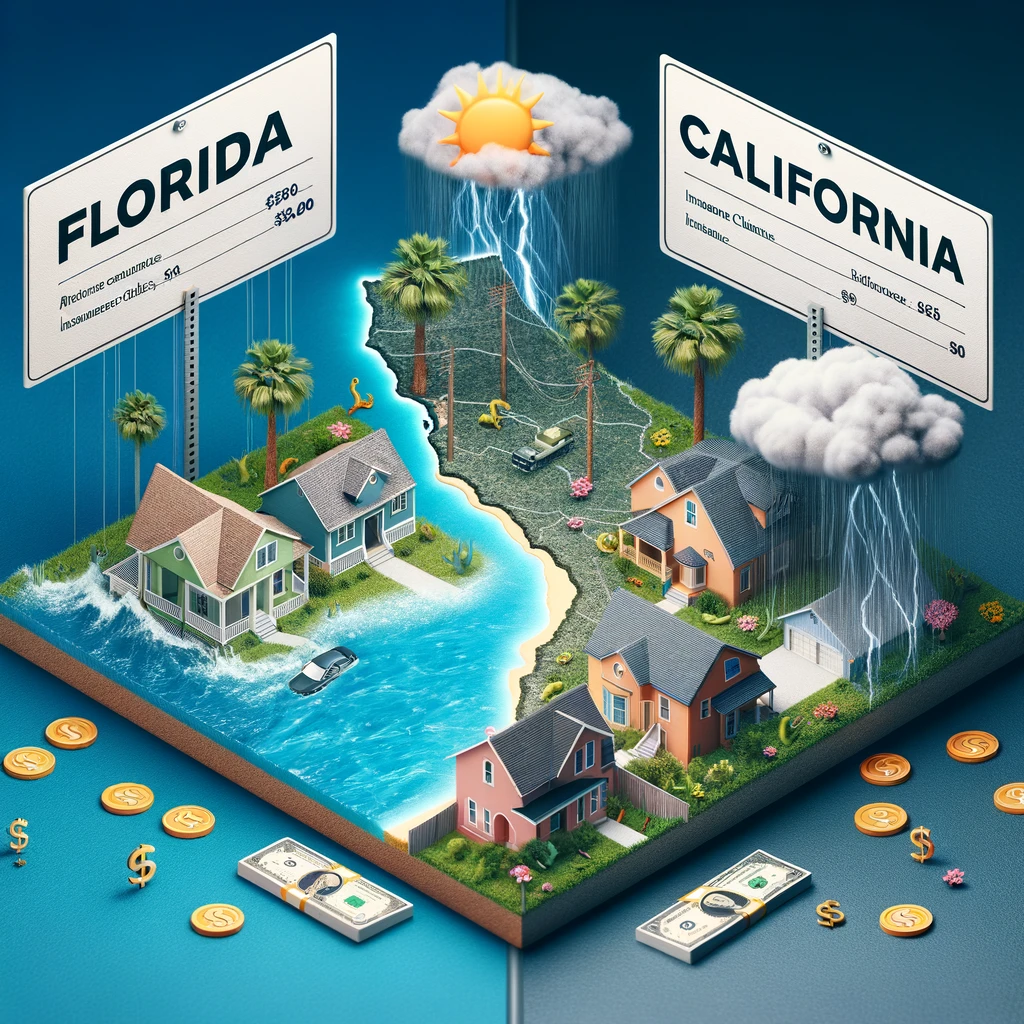A new proposal by Florida Congressman Jared Moskowitz could lead to states like California helping to cover the high cost of home insurance claims in states like Florida and Texas, where major storms have made insurance very expensive.

Moskowitz wants to create a national insurance fund to spread the risk across the country. His idea is to use federal bonds to cover some of the costs that insurance companies face after big storms, which would lower the burden on homeowners.
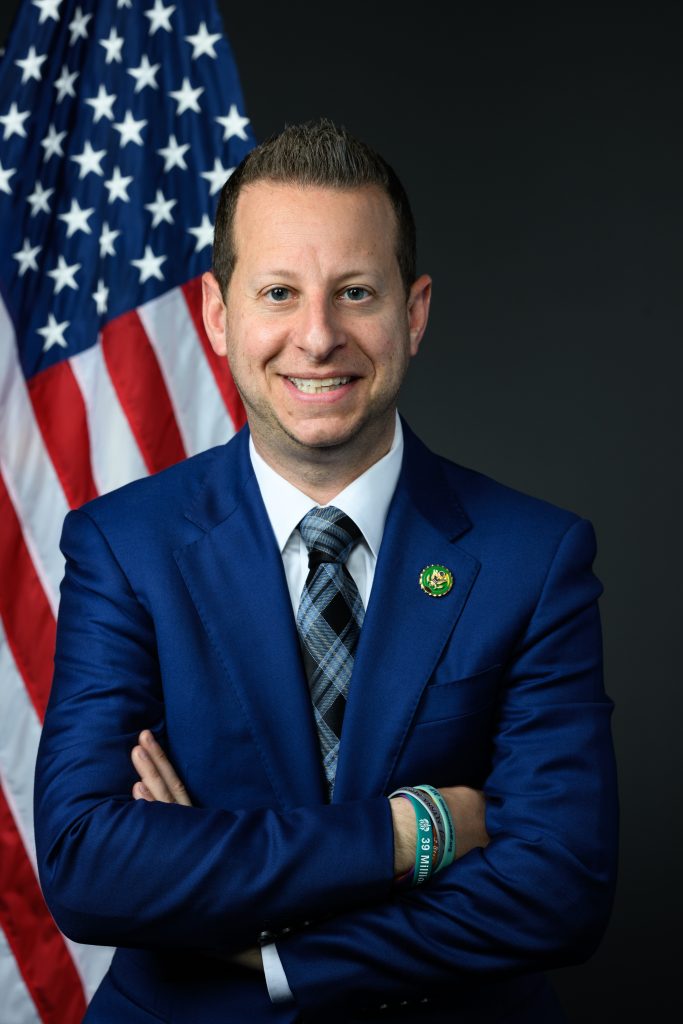
Moskowitz explained that the current system places too much pressure on a few states, like Florida and Texas, which are frequently hit by hurricanes and other natural disasters. By spreading the risk to more states, his proposal aims to make it easier for people in high-risk areas to afford home insurance.
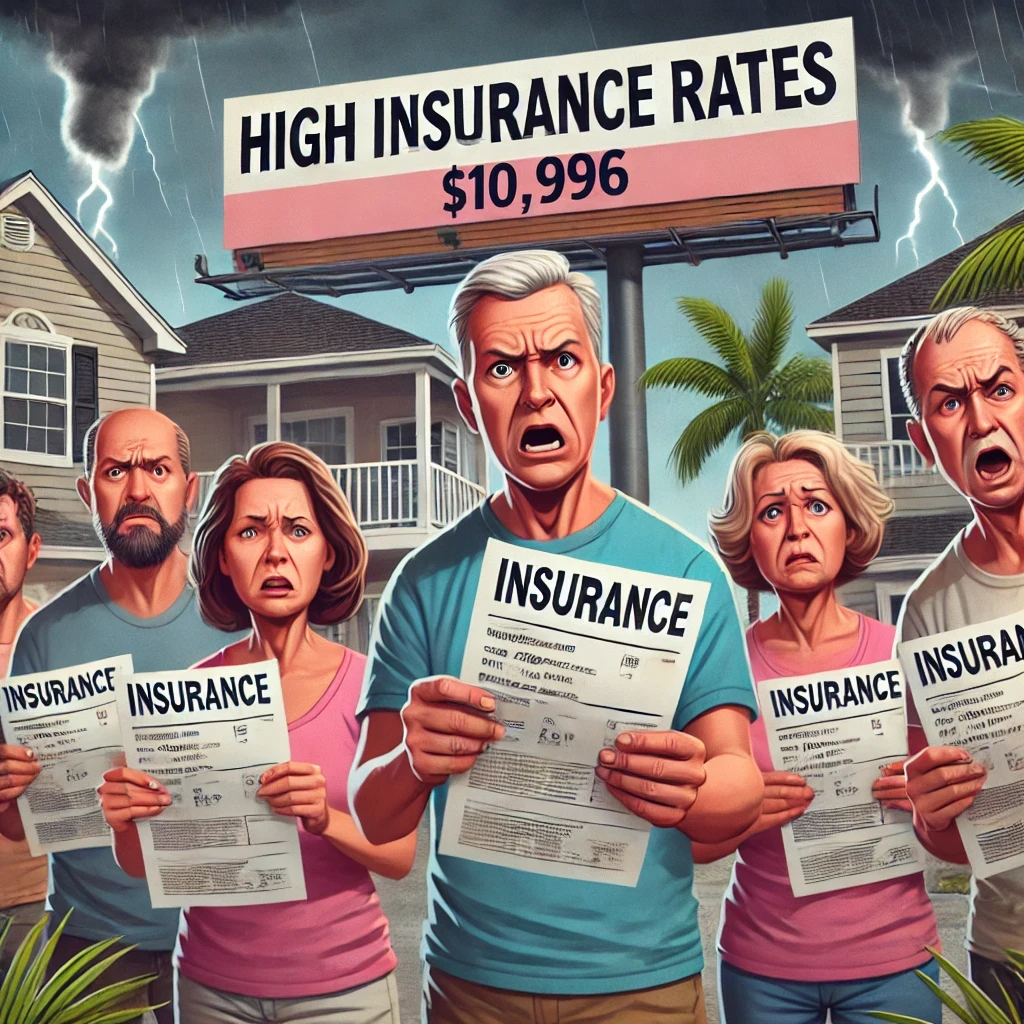
Florida has the highest home insurance premiums in the U.S. In 2023, the average Florida homeowner paid $10,996 a year, while the national average was much lower at around $2,400. These rising costs are mostly due to Florida’s increased risk of natural disasters like hurricanes.
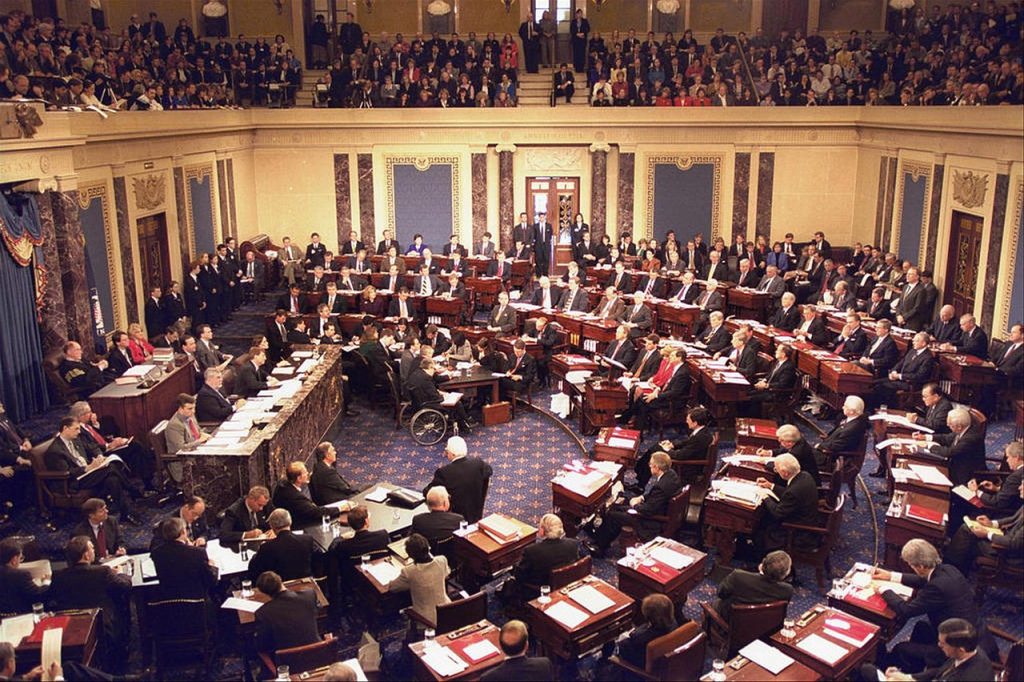
Moskowitz’s plan, which is still being discussed in Congress, would reduce the growth of insurance costs in Florida by 25% and also lower premiums in other parts of the country by 12%.

The plan involves having the federal government sell bonds to insurance companies after a disaster to help cover the cost of damages. This would take some pressure off insurance companies, who currently raise premiums to cover their risk. However, since this would involve federal funding, there’s a chance that taxpayers from other states, including those less affected by natural disasters, would end up contributing money to help cover costs in states like Florida.

Some groups are concerned about this proposal. The National Association of Mutual Insurance Companies (NAMIC) worries that putting the federal government in charge of covering these risks could be unfair to taxpayers. They argue that this system could reduce the motivation for states to make sure homes and businesses are built stronger to withstand storms. For example, Florida already has a state program called the Florida Hurricane Catastrophe Fund, but it carries a massive financial risk of over $30 billion, and critics say it doesn’t have enough money to pay out claims if a big disaster happens.

While Moskowitz’s idea could help lower insurance costs for people in states with a lot of natural disasters, it doesn’t deal with the bigger problem: the increasing number of disasters due to climate change. Some experts worry that without addressing the root cause—climate damage—the insurance crisis will continue.
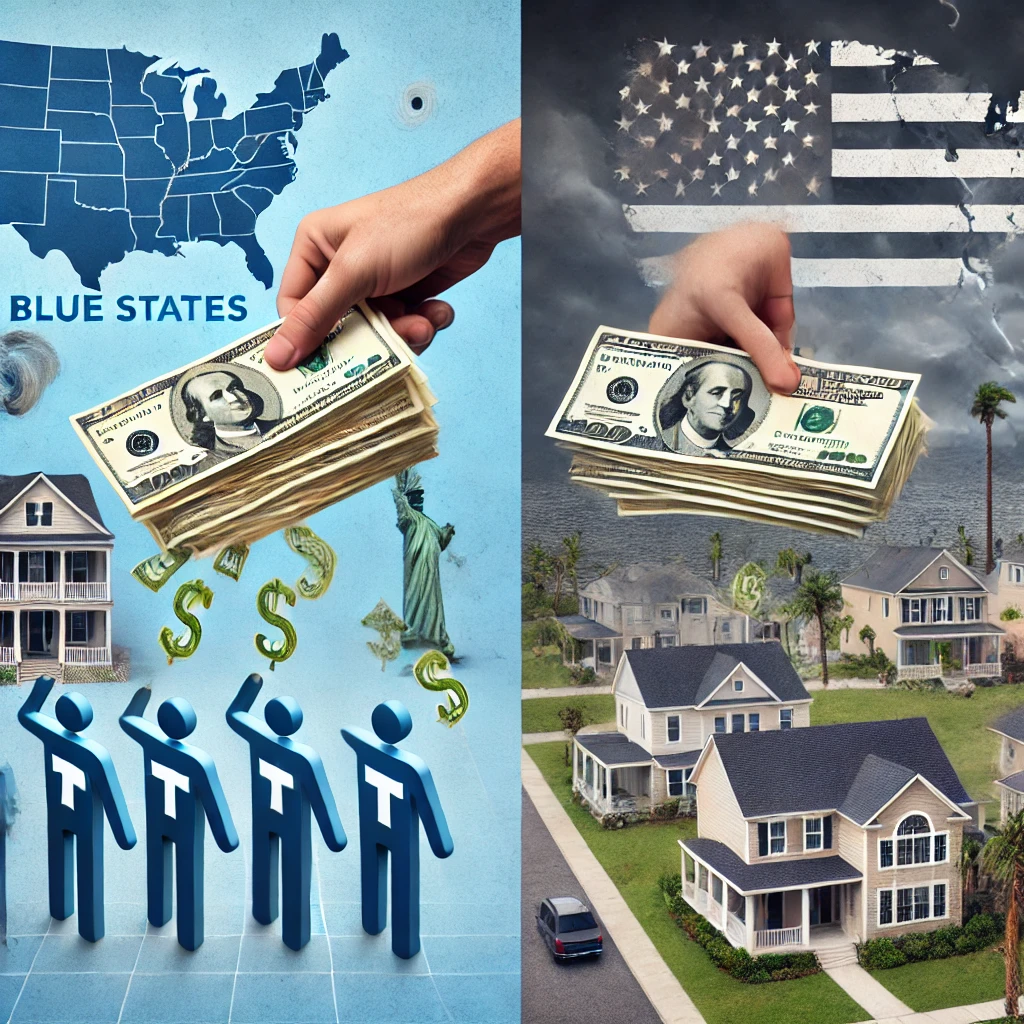
If this proposal moves forward, it could lead to states that are less affected by natural disasters, like California, contributing more to help cover insurance costs in places like Florida. This raises concerns about fairness, as California and other states may end up paying into a system that primarily benefits hurricane-prone states. At the same time, these states are dealing with their own issues, like wildfires.
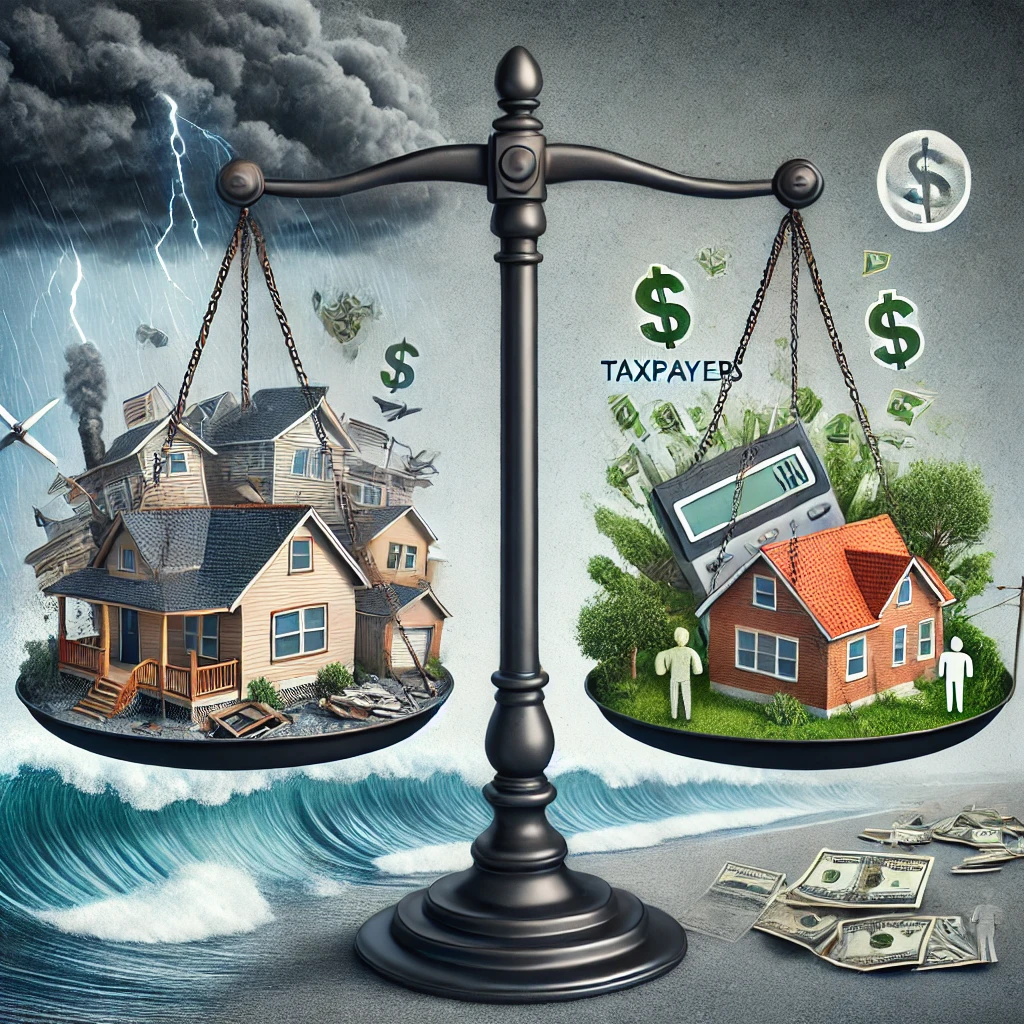
The debate over who should pay for the damage caused by natural disasters is getting more complicated as climate change leads to more severe storms, fires, and other problems. If Moskowitz’s bill is passed, it could change how insurance works across the country, but it might also mean that states far from the damage end up helping to pay for it.

